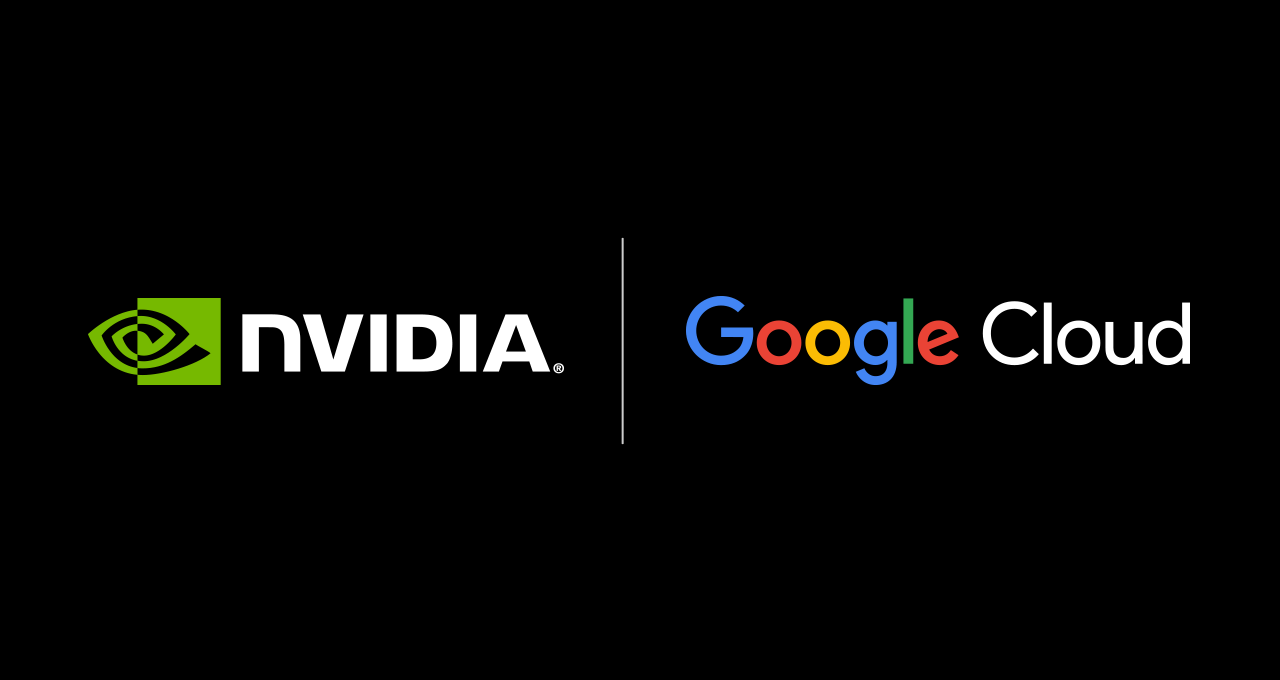
CIOs including Autodesk’s Prakash Kota, IBM’s Ann Funai, and Indeed’s Anthony Moisant reveal how AI agents are transforming employee productivity and experience while addressing key adoption challenges around trust.
Why it matters: As enterprises race to deploy AI, many struggle with employee anxiety. According to a Salesforce report, seventy-six percent of workers feel an urgency to become an AI expert, and yet almost half of U.S. workers report feeling uncomfortable admitting AI use to their managers for fear they might be seen as incompetent, lazy, or cheating.
Driving the news: Companies can successfully integrate AI agents by focusing on the employee experience. In a CIO Corner interview, Kota detailed how Autodesk is:
- Deploying AI agents to enable customer service representatives to handle multiple chats simultaneously while maintaining high satisfaction scores.
- Using AI to help developers automate code generation and validation.
- Implementing gamification strategies to drive adoption and celebrate employee success with AI tool
For its part, IBM has focused on training: “[We] started with some really simple training. What is an LLM? What’s a RAG model? Like, what do these things actually mean? … Because we [are] bringing folks on the journey to do this … just giving everyone a chance to be hands on and feel like they’re part of that new world,” said Funai in her recent CIO Corner interview.
Because we [are] bringing folks on the journey to do this … just giving everyone a chance to be hands on and feel like they’re part of that new world.
Ann Funai, CIO, IBM
Between the lines: Unlike traditional AI deployments that focus primarily on automation, Autodesk’s approach centers on augmenting human capabilities. The company established a Center of Excellence, incorporating legal, security, and privacy teams from day one — addressing employee concerns about data usage and ethical principles head-on.
Their metrics framework goes beyond typical efficiency measures to track:
- First-call resolution rates
- Customer satisfaction scores
- Employee productivity gains
- Code acceptance rates for AI-generated solutions
Key insight: Autodesk’s “discovery mentality” approach encourages teams to reimagine processes entirely rather than simply automating existing workflows. “Rather than automating every 100 steps we have, maybe we need only five different steps to achieve that. So why can’t we stretch, think and really experiment?” Kota said.
What CIOs are saying about the future workforce with agents:
- “I think [agents] are going to allow like quicker progression in careers … It’s going to give people higher value in the roles they play over time as well,” said Funai.
- “We did a developer focused event recently, we were talking about this where, you know, the very best engineers of the future will be the best at leveraging AI, and I think that will apply to every area of our business, no doubt,” said Anthony Moisant, CIO of Indeed, in his recent CIO Corner interview.
The bottom line: Success with AI agents requires balancing technological capability with human factors — addressing employee concerns, measuring holistic impact, and maintaining a discovery mindset that focuses on transformation rather than mere automation.
Innovation in action: Agentforce, the agentic layer of the deeply unified Salesforce Platform, helps people with only some technical expertise quickly build and use agents that take action for a user. By making AI more accessible, employees can gain trust and skills in using the technology.
Go deeper:
- See how digital labor will reshape the enterprise
- Learn more with Prakesh, Ann, and Anthony on their full CIO Corner episodes
Blog Article: Here


